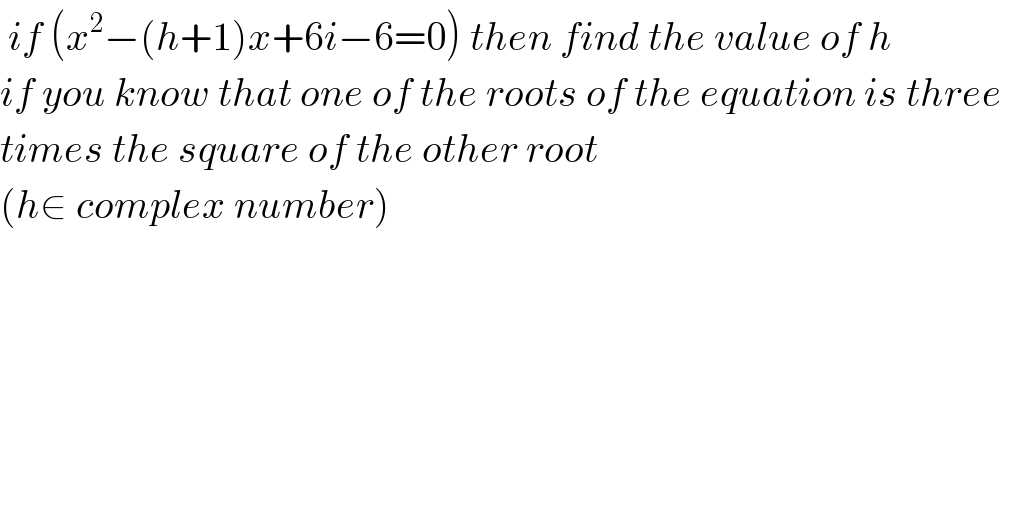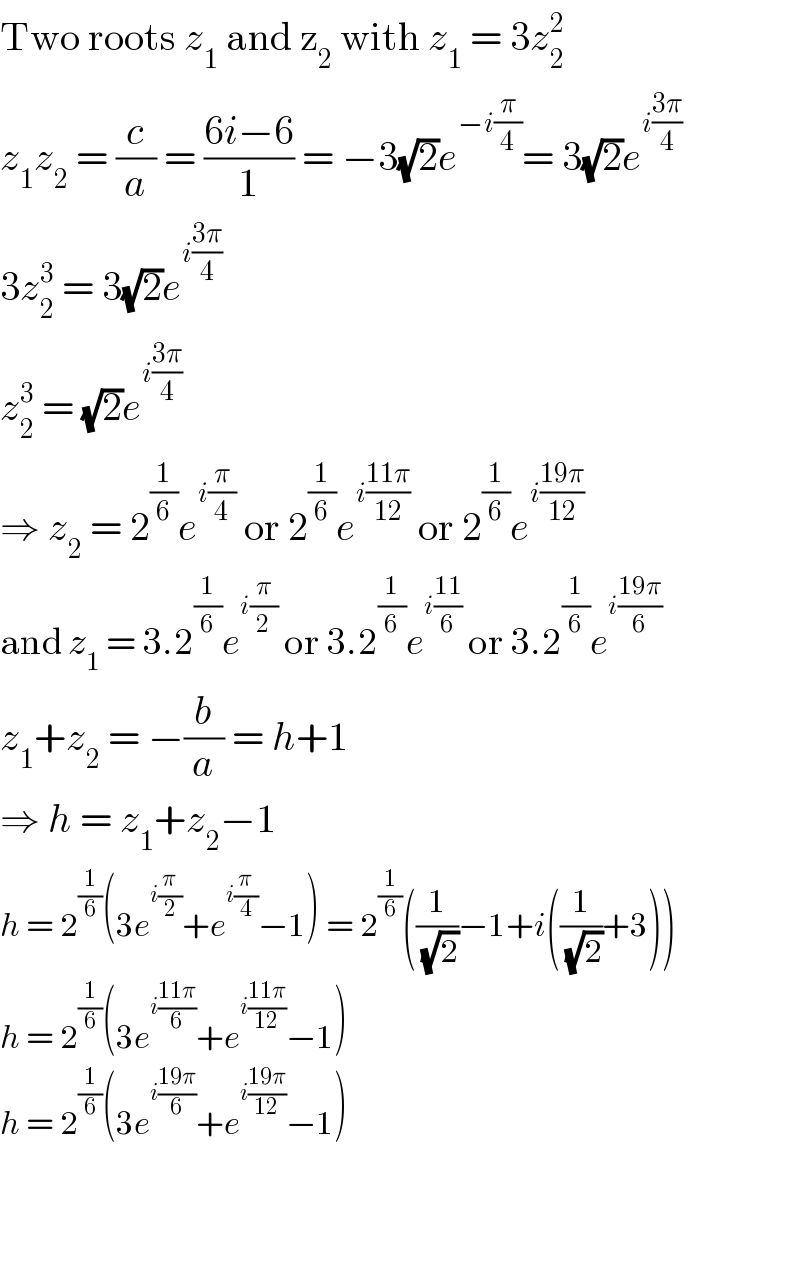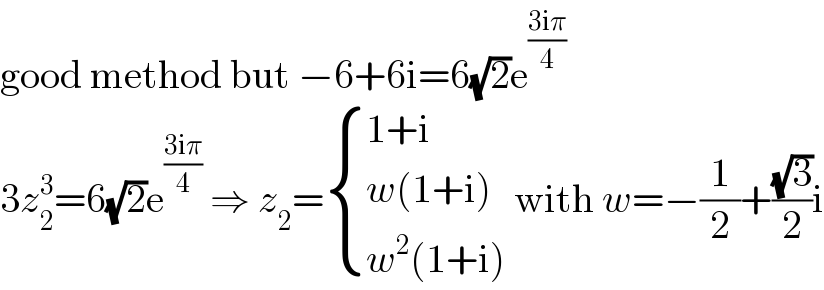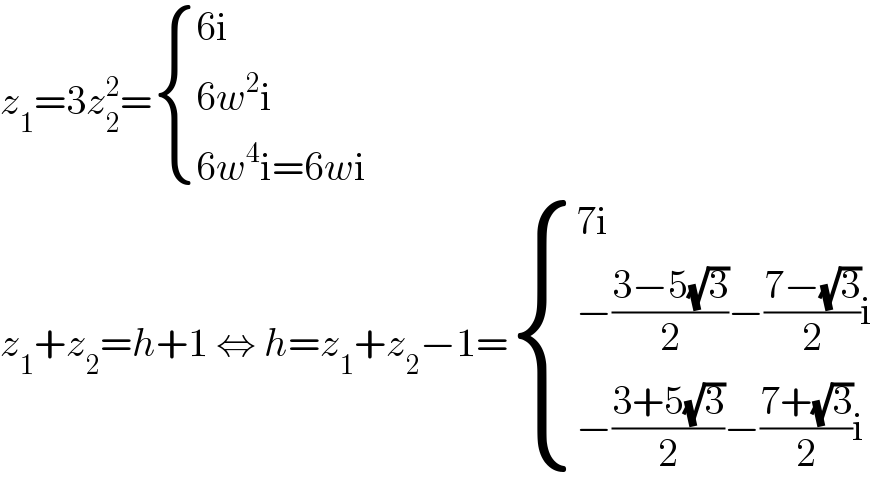
Question and Answers Forum
Question Number 114347 by mohammad17 last updated on 18/Sep/20

Answered by Olaf last updated on 18/Sep/20

Commented by MJS_new last updated on 19/Sep/20

Commented by mohammad17 last updated on 19/Sep/20

Commented by MJS_new last updated on 19/Sep/20

